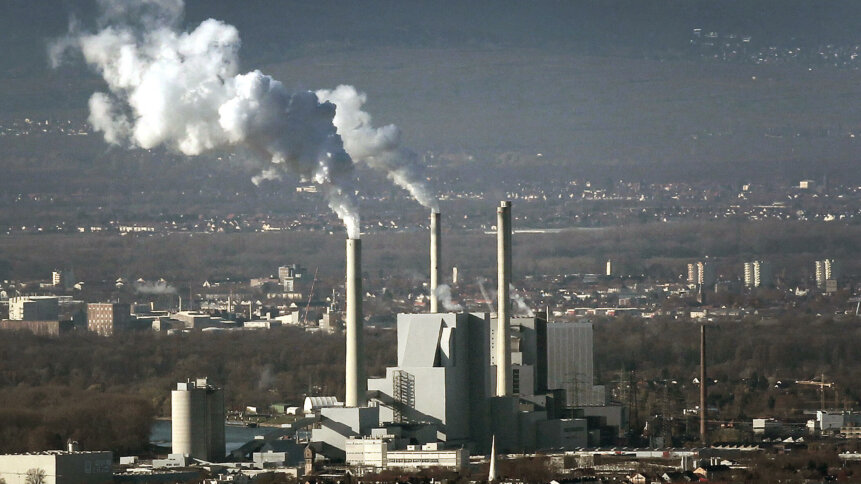Can Europe get the semiconductor boost it needs with a new TSMC plant?

- After projects in Arizona and Japan, chipmaker TSMC is in talks to invest in a semiconductor manufacturing plant in Germany
- The EU has been trying to persuade the Taiwanese chip giant to set up shop in the region
- Although discussions have kickstarted, details on government support measures and the location of the plant have yet to be discussed
For the world’s biggest contract chipmaker, the last year has been nothing short of outstanding. The Taiwan Semiconductor Manufacturing Co, better known as TSMC, alone was responsible for nearly a quarter (24%) of the world’s semiconductor output in 2020. Without them, the chip shortage would have been far more severe than it has been.
To keep up with supply demands, TSMC has been building production facilities outside Taiwan, starting with Arizona, then Japan, and now the hardware producer is said to be close to finalizing a deal for its first plant in Europe, with Germany being discussed as the possible location.
TSMC’s senior VP of Europe and Asia Sales, Lora Ho, told reporters last week that the company “is in early talks with the German government about potentially establishing a plant in the European country.” As reported by Bloomberg, various factors — including government subsidies, customer demand, and the talent pool — will be weighed that will influence TSMC’s final decision.
The Taiwanese chipmaker has yet to discuss incentives with Berlin, or decide upon a location, according to Ho. Germany has been spoken about prior to this amongst TSMC’s officials, as a possible point of expansion for the world’s most prolific chip producer. Chairman Mark Liu told shareholders back in June that the chipmaker had begun assessments on setting up manufacturing operations in the European country.
TSMC has been riding on a pandemic-led surge in demand for semiconductor chips that power smartphones, laptops, and cars. The company’s circuitry can be found in iPhones, Volkswagens, and PlayStations. But despite its geographic reach, as a semiconductor force, TSMC is a distinctly local enterprise with most of its foundries and the vast majority of its 57,000 employees still based in Taiwan.
That said, TSMC has decided to start diversifying over the past year to help meet demand in various major markets. So far the locations picked are countries that have been seeking to bolster domestic semiconductor production out of national security and self-sufficiency concerns.
At this time, TSMC is building a US$12 billion facility in Arizona, and will soon start construction of a US$7 billion plant in Japan. As for Europe, the region has been trying to court TSMC, according to reports. Many of Europe’s industries have witnessed production bottlenecks due to a worldwide supply shortage of semiconductors over the past months, ever since the COVID-19 pandemic effectively crippled global supply chains.
Germany was hit the hardest, with over 40% of companies saying in an August survey that they have lost sales due to the supply shortage — which might explain why Germany is a leading contender to establish a European plant. Car manufacturers especially are suffering historic losses, with production down by 38% in October compared to last year.
The forthcoming Chips Act, an European Union initiative expected next year, is expected to create a more favorable environment for investments, like tax incentives or the boosting of skills needed in this field. For the EU bloc, having its digital agenda shaped together with “like-minded partners and according to our common values” is important, as the European Commission’s trade section Sabine Weyand puts it.
In fact according to Reuters, Sabine admitted that the EU has been trying to persuade the Taiwanese chip giant to set up shop in the region. Separately, Taiwan’s National Development Council boss, Kung Ming-Hsin, told reporters that plans are underway to see if Taiwan could also collaborate with three Eastern European nations – Slovakia, the Czech Republic, and Lithuania – on semiconductors’ production in the region.










